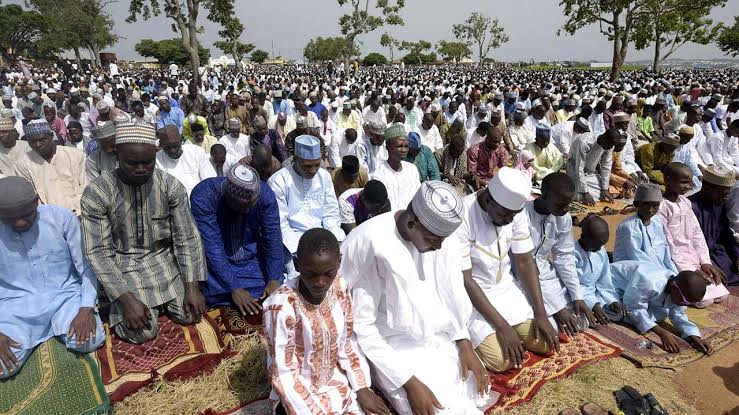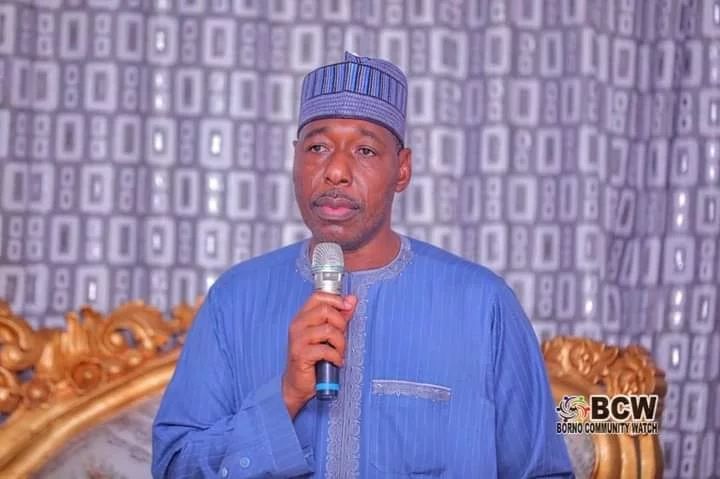
In response to the escalating economic challenges faced by citizens of Borno State, Governor Babagana Zulum has advocated for a one-day fasting and prayer session, drawing attention to the crippling impact of inflation on the populace.
Governor Zulum, in a recent address to the people of Borno, highlighted the severity of the situation, particularly emphasizing the soaring costs of essential food items. He urged traditional leaders, religious figures, and residents alike to partake in a voluntary fast on Monday, seeking divine intervention for peace, prosperity, and development within the state.
“I am deeply troubled by the recent hardships faced by our citizens, particularly the high cost of food items,” Governor Zulum stated, acknowledging the burden placed on families and individuals. He assured the populace of his administration’s commitment to addressing the issue decisively.
While acknowledging efforts to revive the agricultural sector and reduce dependency on aid, Governor Zulum’s emphasis on spiritual intervention raises questions about the effectiveness of such measures in combating tangible economic challenges.
READ MORE: Police Demand N50,000 Bribe from Family to Trace Kidnapped 60-Year-Old in Abuja
Despite praising the federal government’s support in counterinsurgency efforts and state development, Governor Zulum’s call for fasting and prayer suggests a reliance on metaphysical solutions rather than practical economic strategies.
“In addition to our efforts in agriculture, we are also working on increasing the distribution of palliatives, especially for residents in Maiduguri Metropolitan and Jere,” Governor Zulum stated, acknowledging other initiatives alongside the proposed day of fasting.
Governor Zulum also addressed recent incidents of sabotage, notably the placement of mines on major roads, vowing that those responsible would be thwarted in their efforts to undermine government endeavours.
The decision to prioritize fasting and prayer as a response to economic hardship has sparked varied reactions among citizens, with some expressing skepticism about the efficacy of such measures in addressing tangible issues such as inflation and food insecurity.
While Governor Zulum’s administration claims to be engaged with stakeholders and implementing measures to mitigate rising costs, the reliance on spiritual intervention as a primary solution raises concerns about the practicality of the approach.







Leave a Reply